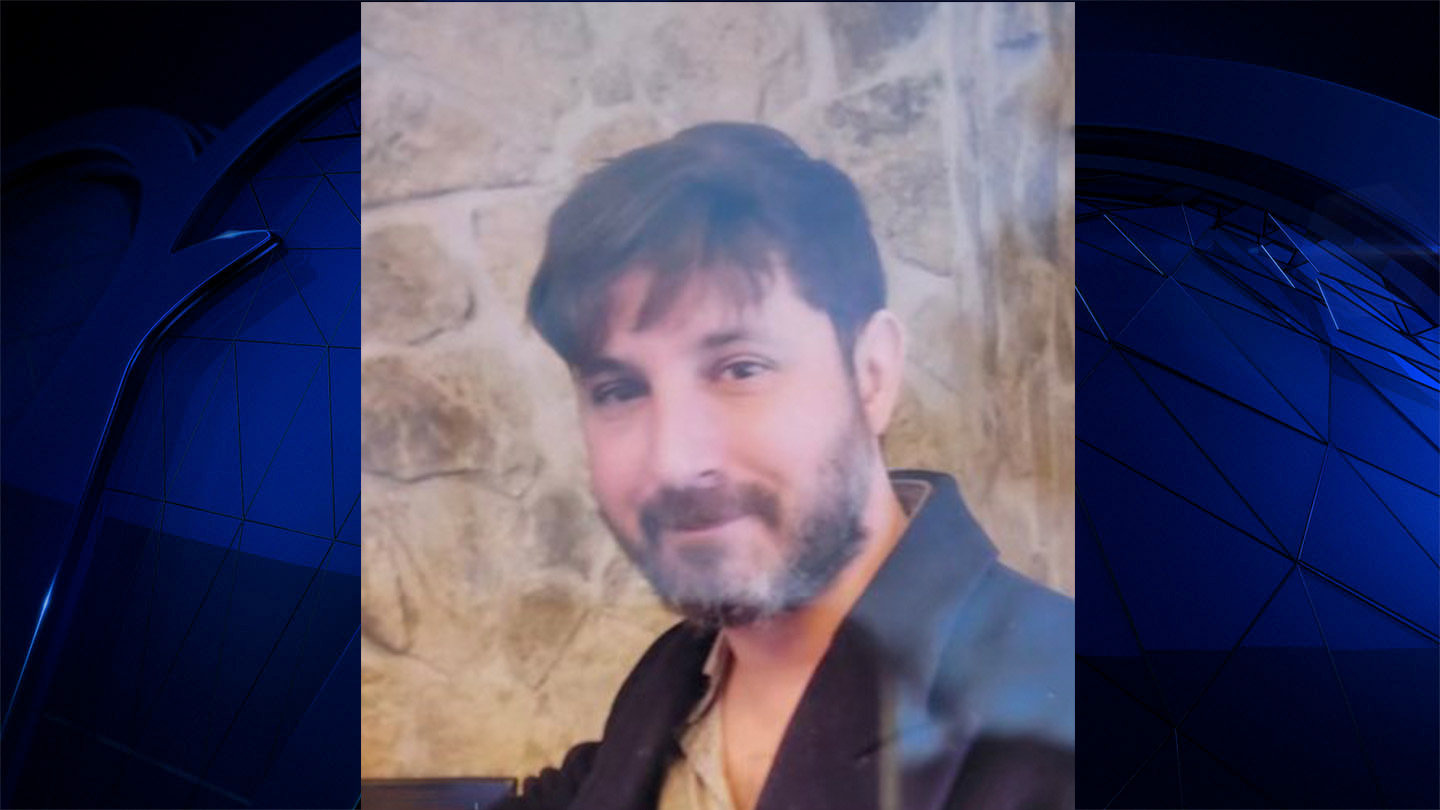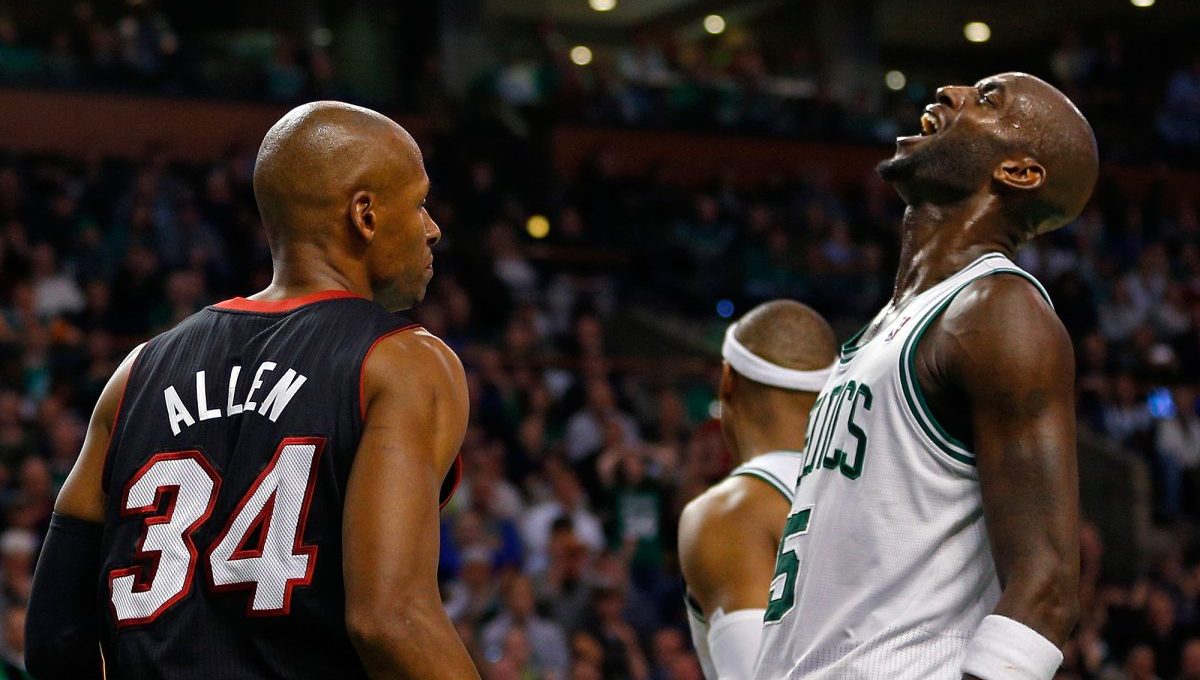A ballot question that would let convenience stores and other food stores sell beer and wine is drawing criticism from some researchers and substance abuse coordinators who say it could result in more crime and alcohol consumption.
The question would let local authorities issue licenses allowing food stores to sell wine and malt beverages to be consumed off the premises. Local licensing authorities would have the discretion to determine the number of food store licenses they issue. The new licenses would be in addition to existing licenses issued for the sale of alcoholic beverages.
The licenses would not include the sale of hard liquor.
The new licenses could be issued as soon as December if the question is approved by voters in November. There would also be no limits on the number of licenses any one company could control after a phase-in period.
David Jernigan, a professor of health law and policy at the Boston University School of Public Health, said there is a close tie between the easy availability of alcohol and crime. He said because Massachusetts — and Boston by extension — has limits on the number of alcohol outlets, the relationship between alcohol outlets and violent crime is weaker than in many other cities.
"More outlets also mean more price competition, which means cheaper alcohol, which literally hundreds of studies have shown is associated with more drinking and more negative consequences, including violent crime," Jernigan told a Statehouse committee this week.
The potential for crime and other negative behaviors like property damage, public urination, and noise is made worse when those buying the alcohol drink it off premises and are more likely unsupervised, he added.
Supporters of the ballot question say it would require the state Alcoholic Beverages Control Commission to hire at least one investigator for every 250 licenses granted under the proposed law. The question would pay for additional costs to the commission by creating a fund consisting of alcohol excise taxes, fines and fees collected by the commission.
Matthew Durand, a representative for the coalition pushing for the question — including Cumberland Farms — said the threats to public safety are exaggerated. He said it's hard to draw a direct link between crime and beer and wine availability when there could be other factors involved.
"Nothing happens in a vacuum," Durand said. "You have to look at the bigger picture."
Elizabeth Parsons, a substance abuse prevention coordinator at the Mystic Valley Public Health Coalition, said the greater availability of beer and wine will inevitably lead to more drinking — including among underage people.
Parsons said one way to combat underage drinking is to maintain controls on how many outlets can sell alcohol and prevent what she called the "rock bottom" prices that competition between stores could spark.
The ballot question is also being opposed by liquor store owners, who could experience greater competition if it is approved. They argue in part that they have a long history of guarding against underage individuals from purchasing alcohol.
They are asking the state's highest court to overturn Attorney General Maura Healey's decision to allow the question to head to the ballot. A decision is expected this summer.



